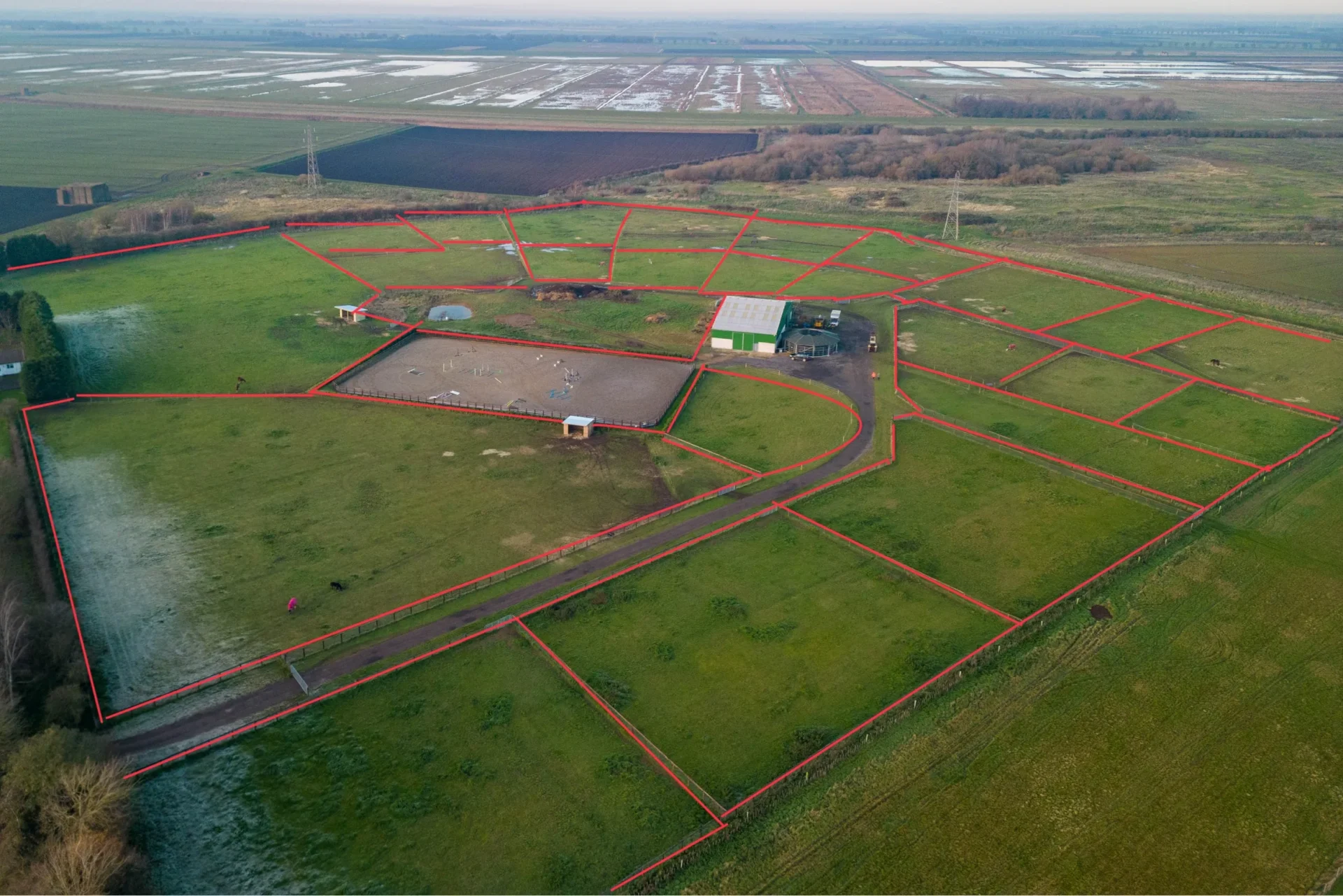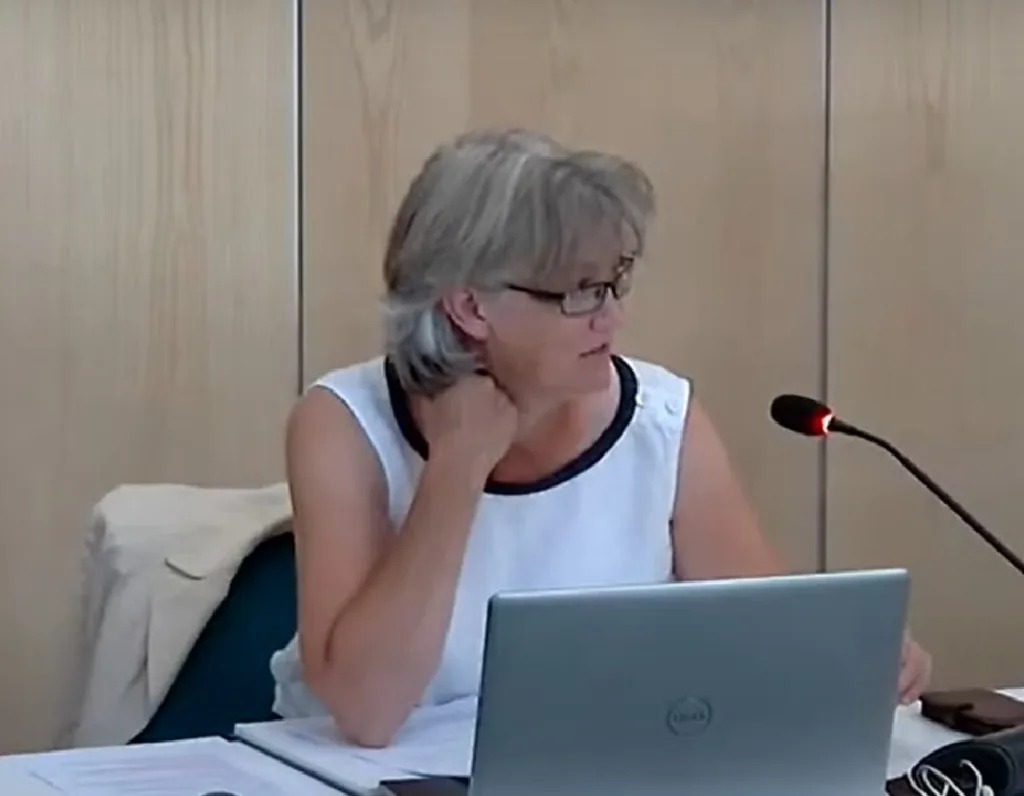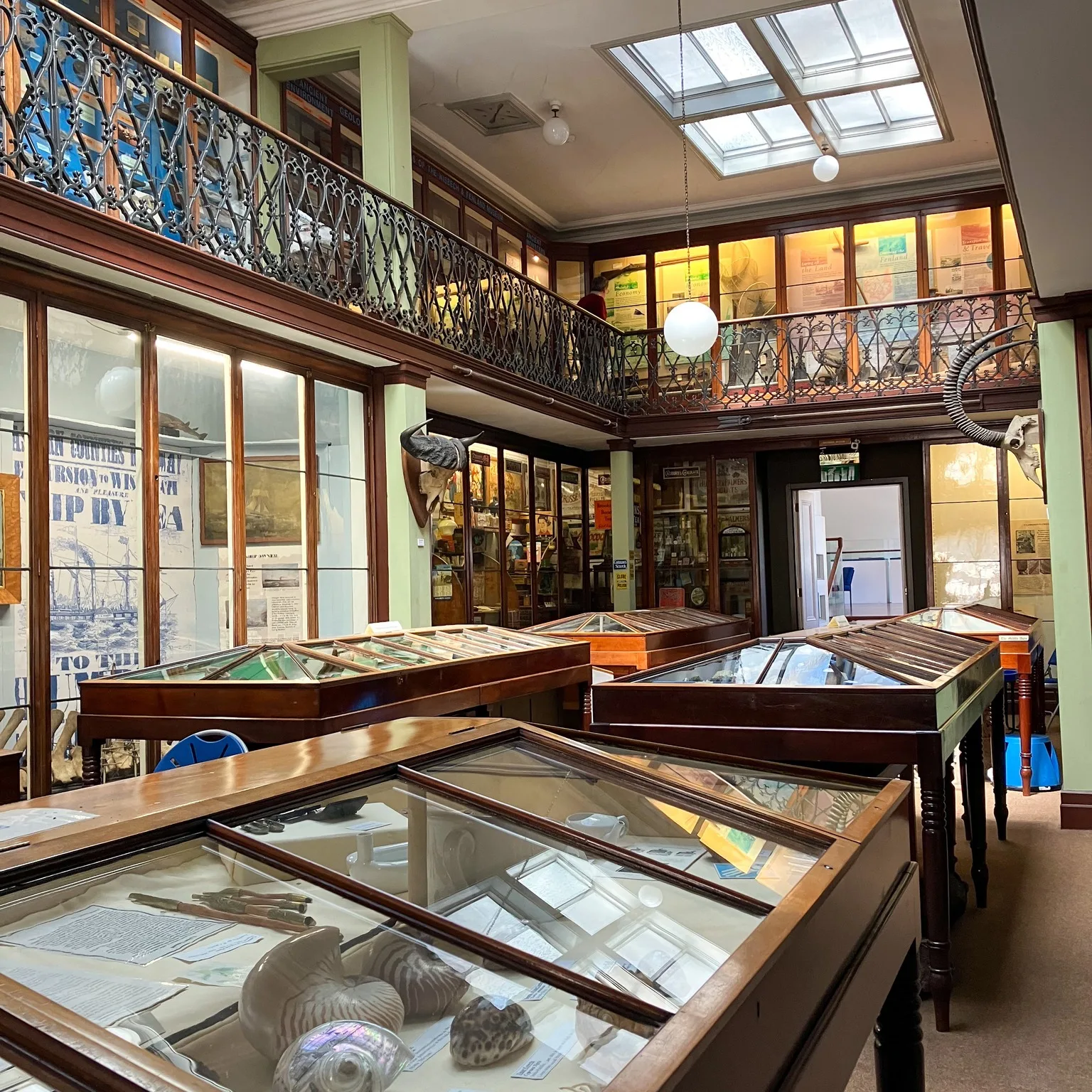A Whittlesey businessman wants to build a 4-bedroom house next to a stud farm he opened in 2017 but has fallen foul of planners who pointed out that he is running the stud farm without permission.
Fenland District Council has reminded Steve Popely that the planning consent he obtained in 2017 was for a hay/machinery storage and stabling building and the formation of a manège.
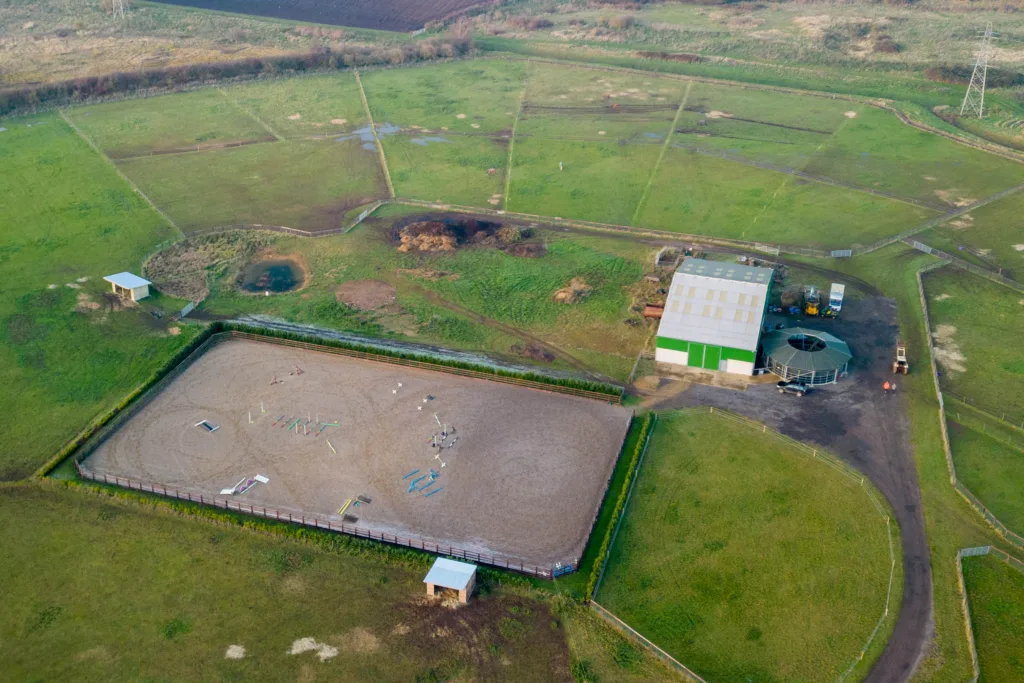
But they point out that one of the conditions was that building could only be used “solely for private recreational purposes by the applicant (Mr Steve Popely) and his family, and shall not be used for any trade, business or equestrian enterprise whatsoever”.
Mr Popely is, however, pressing on and has asked for the application for the house to be dealt with: it goes before Fenland District Council planning committee on December 13.
Officers are in no doubt as to what they feel the outcome should be.
Their report to the committee says the site east of 100 Feldale Lane, Coates is an ‘elsewhere’ location and contravenes the Fenland Local Plan of 2014.
“Furthermore, the scheme fails to evidence the viability of the enterprise as required,” says the report.
Officers say Mr Popely was advised to resubmit the application with a temporary mobile home on site to demonstrate the viability of the business but declined.
“There can be no other response but to recommend refusal,” say officers.
They also add: “It should be noted that the stud farm does not benefit from planning permission in terms of the change of use of land and that there is currently a breach of planning condition in relation to the commercial use of the building on site.
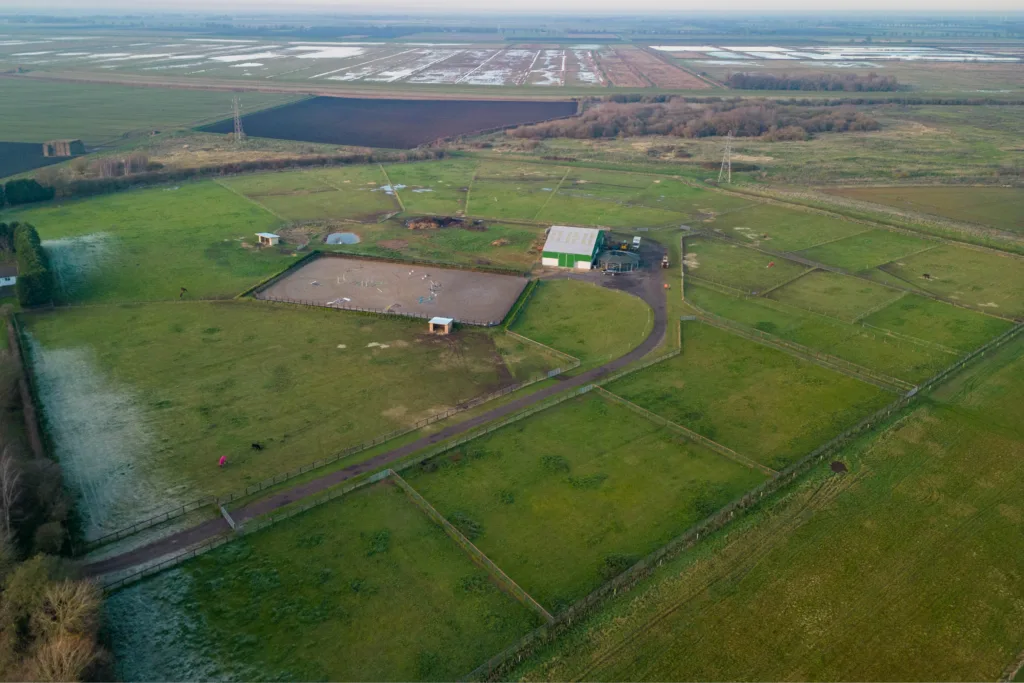
“The submitted design and access statement however indicates that Feldale Stud, owned by Mr Popely, has been in operation since February 2017”.
Planning officers say therefore that “it appears that the business has been operating since 2017 in breach of a condition associated with the planning permission for the hay/machinery store/stable building on site.
“In addition, the land does not have planning permission for the change of use from agriculture to stud farm.
“The proposal does not make provision for this change of use.”
The application also includes an extension to the existing equestrian building which would include an indoor arena and stabling
The report to the committee says the definition of an ‘elsewhere’ location restricts housing in the countryside and exceptions can only be made “which are demonstrably essential to the effective operation of local agriculture, horticulture, forestry, outdoor recreation, transport or utility services”.
“To do otherwise would result in an urban sprawl or dwellings with poor access and a reliance on private motor car to make essential journeys, contrary to the aims of minimising the need to travel and supporting the transition to a low-carbon future”.
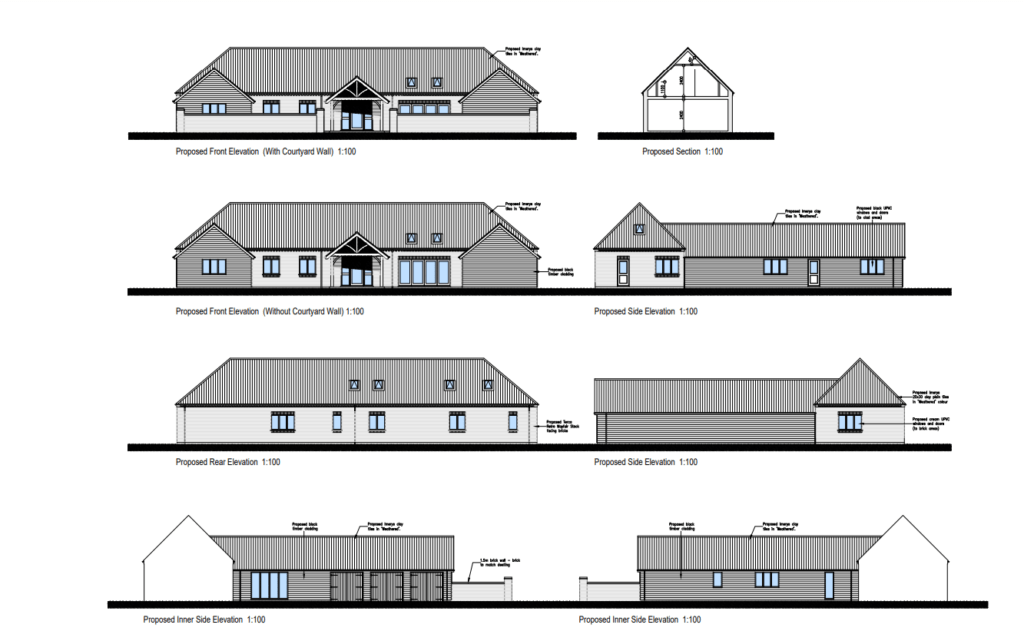
Planners says the application from Mr Popely “comes forward as a proposal for residential accommodation to serve an existing (unauthorised) stud farm business”.
However, it requires the “strict test of demonstrating an essential need”.
In this instance the house is proposed to be lived in either by Mr Popely or his daughter who both currently work on site.
Planners says a design and access statement points out that the house “will allow the stud farm to bring in more horses, more breeding capacity and with it more horses to train, which will in turn increase the operation’s viability.
“The design and access statement also notes that an on-site presence is required full time for security of high value tack, machinery/equipment and horses but also the response time needed during the rearing process for foals and their subsequent ongoing care”.
Mr Popely’s design and access statement agrees that Feldale Stud farm was formed in February 2017 and the business has therefore been operating for over 6 years.
Planners accept that for security and animal health reasons, the applicants need to be located as close to the business as possible.
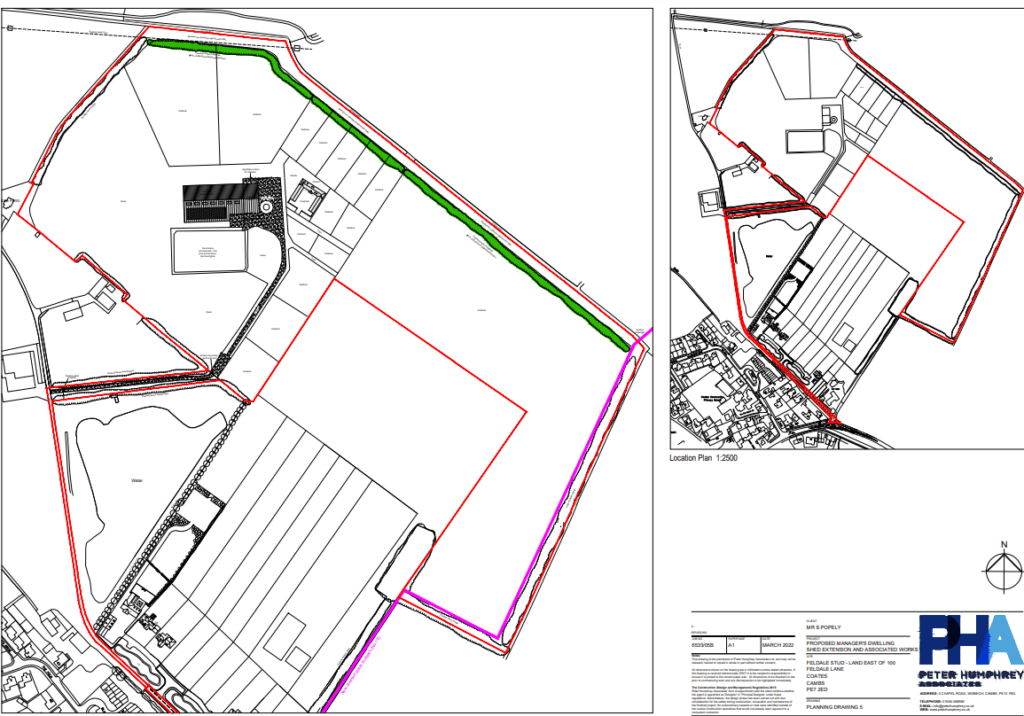
But policies also advise that “isolated homes in the countryside should be avoided unless there is an essential need for a rural worker to live permanently at or near their place of work in the countryside”.
The policies also say that when isolated homes in the countryside for essential rural works are being assessed, consideration needs to be given to the degree which there is confidence that the enterprise will remain viable for the foreseeable future and whether it is appropriate to consider granting permission for a temporary dwelling for a trial period.
“The statement notes that the farm has hit a crucial point in its progression and scaling-up where in order to expand further and rear more horses, there is a requirement for someone to reside on site at all times,” says the officer’s report.
“The statement acknowledges that the development would enable the stud farm to bring in more horses, more breeding capacity, and more horses to train, which would improve the operation’s viability.
“Further confidential details have been submitted in respect of the businesses position which have been addressed by Fenland District Council’s accountants as accurate.
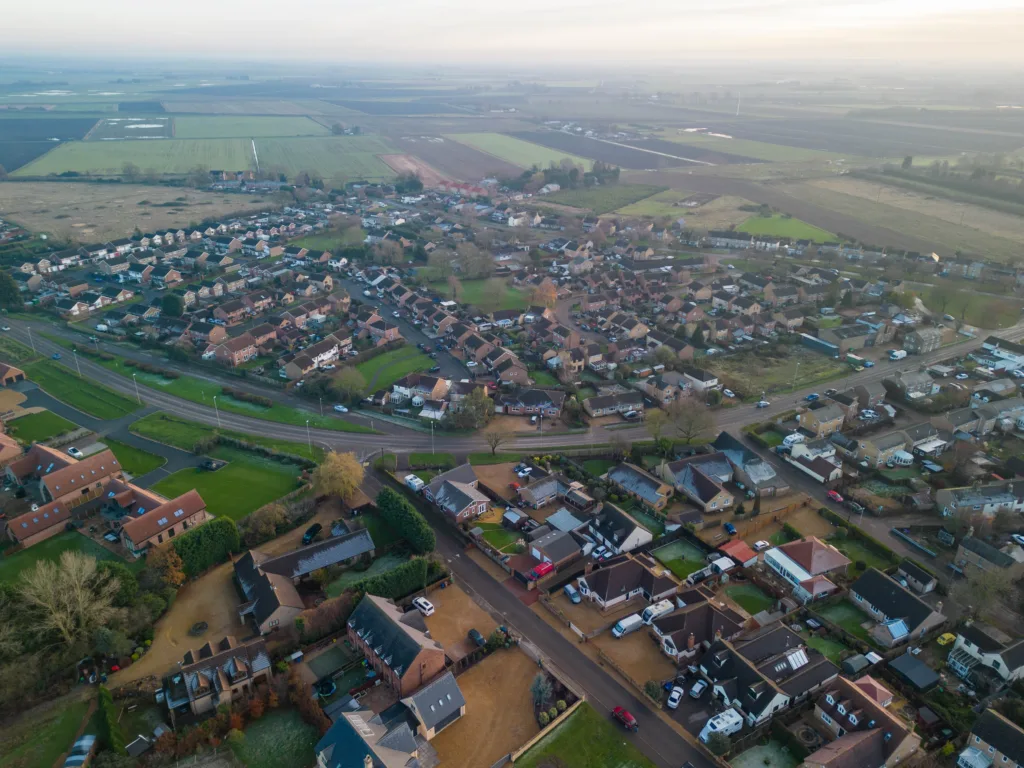
“While it is reasonable to assume the business may become profitable over the next few years, there is currently no demonstration of an established viable business plan to justify a permanent dwelling on site.
“The application has therefore failed to demonstrate the viability of the enterprise and is therefore considered to be contrary to policy”.
The agent was advised to withdraw the application and resubmit the application with a temporary mobile home on site so that they could demonstrate the viability of the business, “but the agent confirmed that they wish for the application to be determined as it stands”.
9 letters of support were received with regard to the application, all from addresses within Coates (5 from Feldale Lane, 3 from March Road and 1 from Eldernell Lane).
There were also 2 letters of objection received from householders in Feldale Lane.
The officer’s report adds: “It is acknowledged that within the letters of objection received, concerns were raised with regard to devaluation of property and loss of view.
“Both of these issues are not material planning considerations and therefore cannot be considered as a reason to refuse this application.”
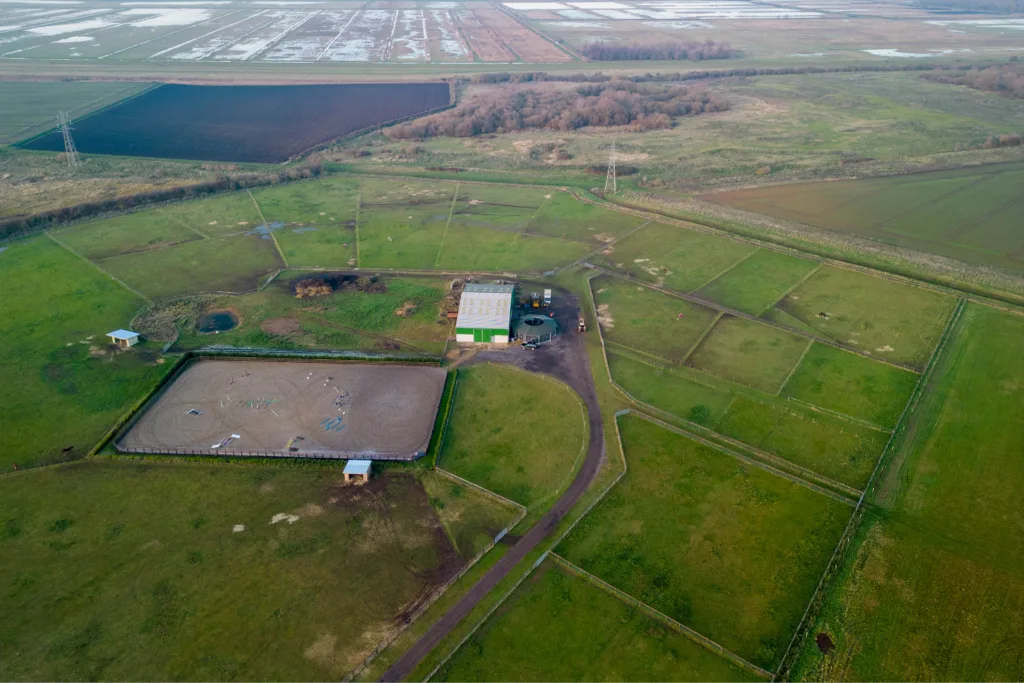
One of the reasons for taking it to the committee is that Whittlesey town council has supported the application.
An objector had argued that “this is an obscene application, in the middle of an agricultural and wildlife area.”.
The objector also said they had “great concerns to the access to the property” and would “set a precedent to many more new applications to build on agricultural land in the area”.


